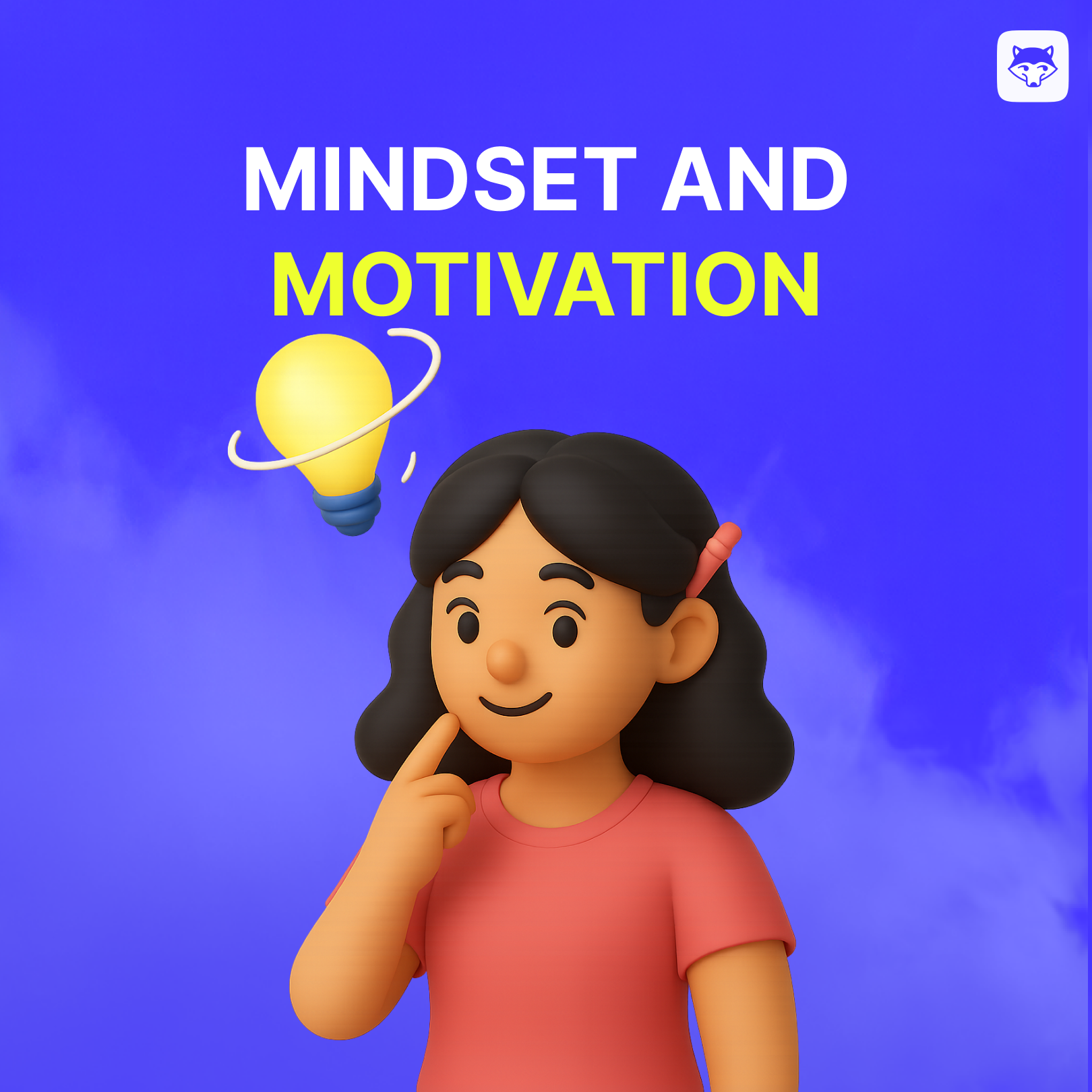We understand that writing can be a difficult and challenging process, and that you may have many questions along the way. That’s why we’ve taken the time to gather some of the most common questions that writers ask, and we’ve provided detailed answers that we hope will be helpful to you. Whether you’re a new writer just starting out, or an experienced author looking for new ideas, we hope you’ll find these answers insightful and inspiring.
Q1: How do I come up with ideas for my story?
Coming up with story ideas can be challenging, but there are several strategies you can try. Consider drawing inspiration from real-life experiences, current events, books, or movies. You can also start by brainstorming and freewriting.
Brainstorming is when you come up with as many ideas as possible, even if they’re silly or far-fetched. Freewriting is when you write whatever comes to mind without worrying about grammar or sentence structure.
Q2: How do I create interesting characters?
Creating interesting characters is all about giving them depth and complexity. Start by giving them a backstory. What experiences have shaped who they are today? Next, give them flaws and strengths. Characters who are too perfect are uninteresting, so make sure to give them flaws that they struggle with. It’s helpful to provide your characters with internal conflicts that drive their actions and create depth. Additionally, focus on crafting realistic dialogue and allowing your characters to evolve throughout the story.
Q3: How do I develop an engaging plot?
To develop an interesting plot, you need a strong premise, compelling characters, and to maintain a balance between conflict, tension, and resolution. Infuse your story with obstacles, challenges, and dilemmas that push the characters forward.
Create a clear story arc and consider incorporating unexpected twists that keep readers engaged. The conflict should be something that keeps readers turning the pages to find out what happens next. It should have high stakes and feel real to the reader. Remember to avoid excessive exposition and keep the pacing consistent.
Q4: How do I write a strong beginning?
The beginning of your story needs to hook the reader right away. There are a few ways to do this. One way is, to begin with an intriguing or dramatic event, pose a question, or present a conflict that immediately captivates the reader’s attention.
Another way is to introduce an intriguing character right away. Another option is to start with an intriguing question or mystery that the reader wants to know the answer to. Finally, you can start with a striking setting or description that immerses the reader in the world of the story. Aim to grab the reader’s interest within the first few paragraphs.
Q5: How do I keep readers interested throughout my story?
To keep readers interested throughout your story, maintain a balance between action, suspense, character development, and plot progression. First, you need to make sure that something is always happening. There should be a constant sense of forward momentum while avoiding excessive info-dumping and maintaining a steady pace.
Second, you need to raise the stakes throughout the story. Make sure that the conflict is escalating and the characters are facing bigger challenges. Finally, keep the reader guessing by introducing plot twists and surprises. Create tension and conflict, reveal information gradually, and end chapters with cliffhangers to encourage readers to continue.
Q6: How do I write a satisfying ending?
A satisfying ending should feel earned and appropriate for the story. It should also resolve the main conflict and leave the reader feeling satisfied. To achieve this, you need to tie loose ends, resolve conflicts, and address the character arcs. You should also make sure that the ending is consistent with the tone and themes of the story. Finally, a satisfying ending should leave the reader with something to think about, whether it’s a sense of hope, a moral lesson, or a lingering question.
Q7: How do I write effective dialogue?
Writing effective dialogue requires a few things. First, Make your dialogue sound natural and authentic by paying attention to speech patterns, word choice, and character personalities. Second, it should move the story forward and reveal something about the characters or the situation. Third, it should be concise and to the point.
The dialogue should reveal the characters’ personalities and motivations, so, use it to advance the plot or reveal information about the characters. Pay attention to each character’s individual voice and style of speaking. Vary the length and structure of the dialogue to keep it interesting and ensure it contributes to the overall story. And finally, don’t forget to add emotion and subtext to the dialogue.
Q8: How do I avoid writer’s block?
Overcoming writer’s block can be challenging, but there are strategies to help. First, take breaks and engage in activities that inspire you. Second, If you’re stuck on a specific scene or idea, try brainstorming, freewriting, or discussing it with fellow writers. Third, set realistic goals and establish a writing routine. Fourth, read other writers’ work for inspiration.
Sometimes, simply forcing yourself to write, even if it feels mediocre, can help break through the block. Remember, write even when you don’t feel like writing, because perseverance is key.
With these tips, you’ll be able to overcome writer’s block and get back to writing.





